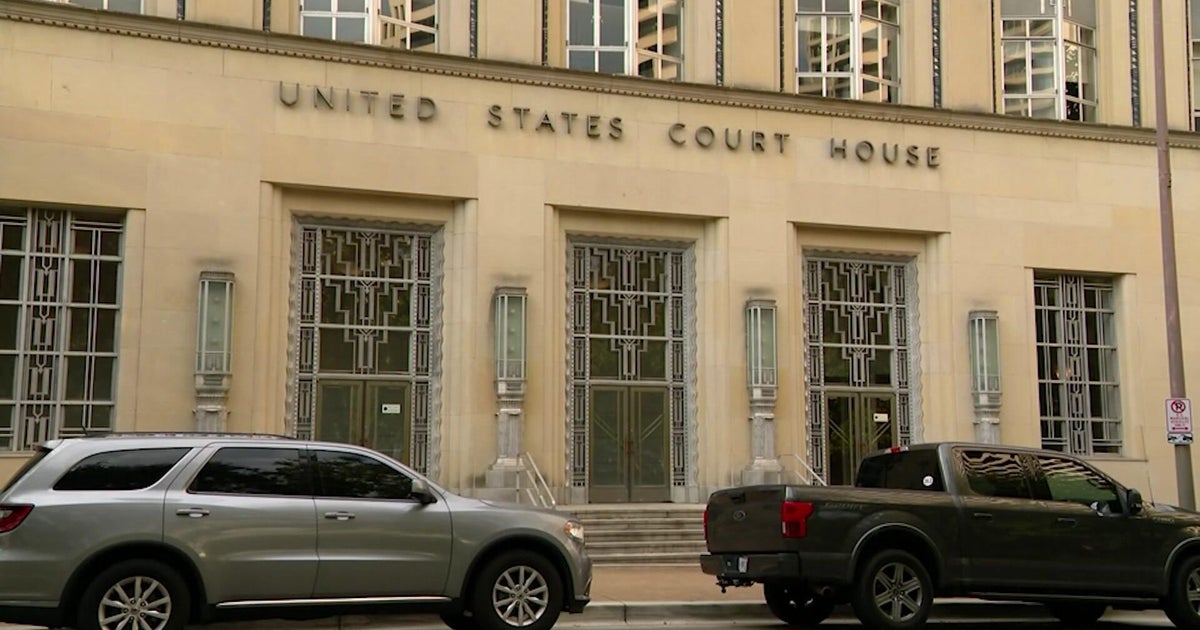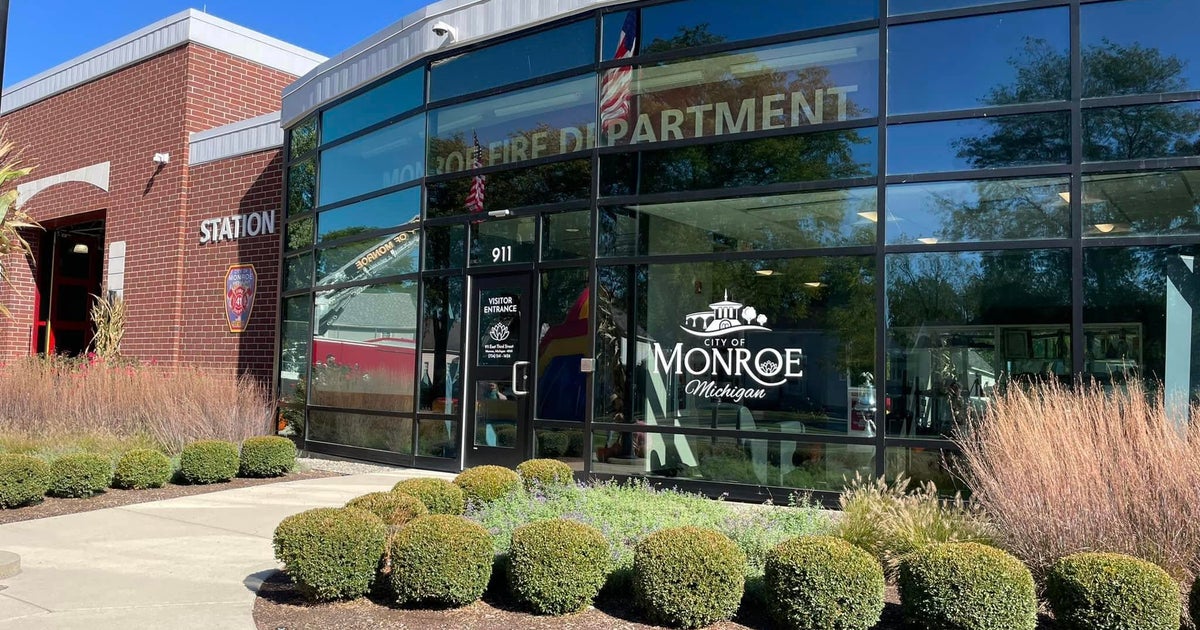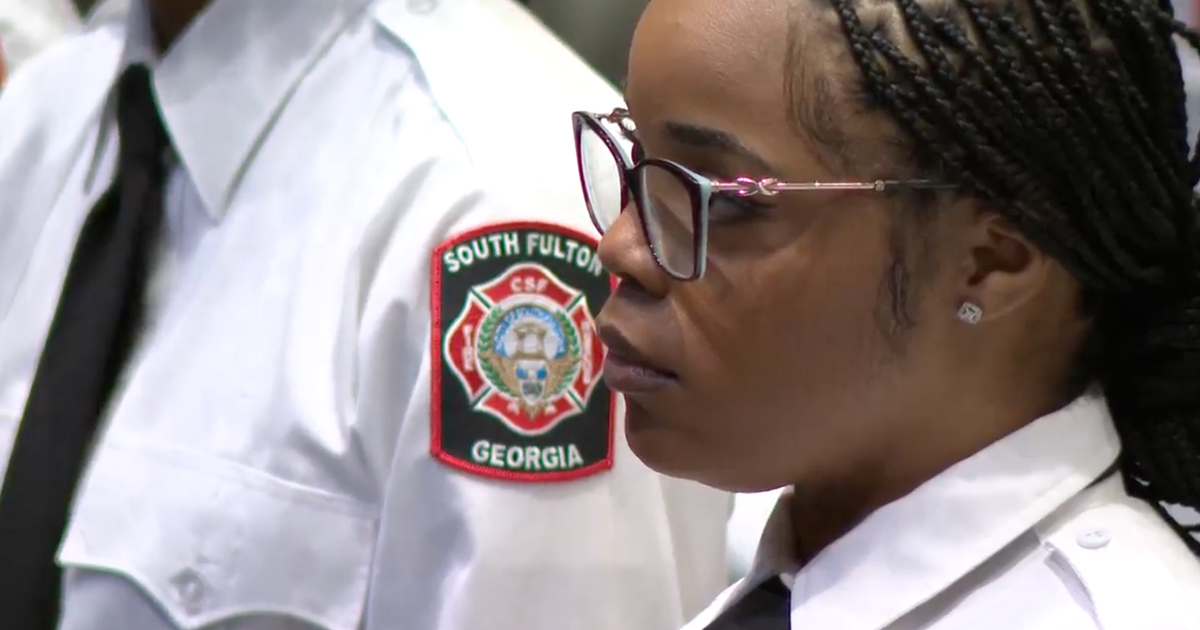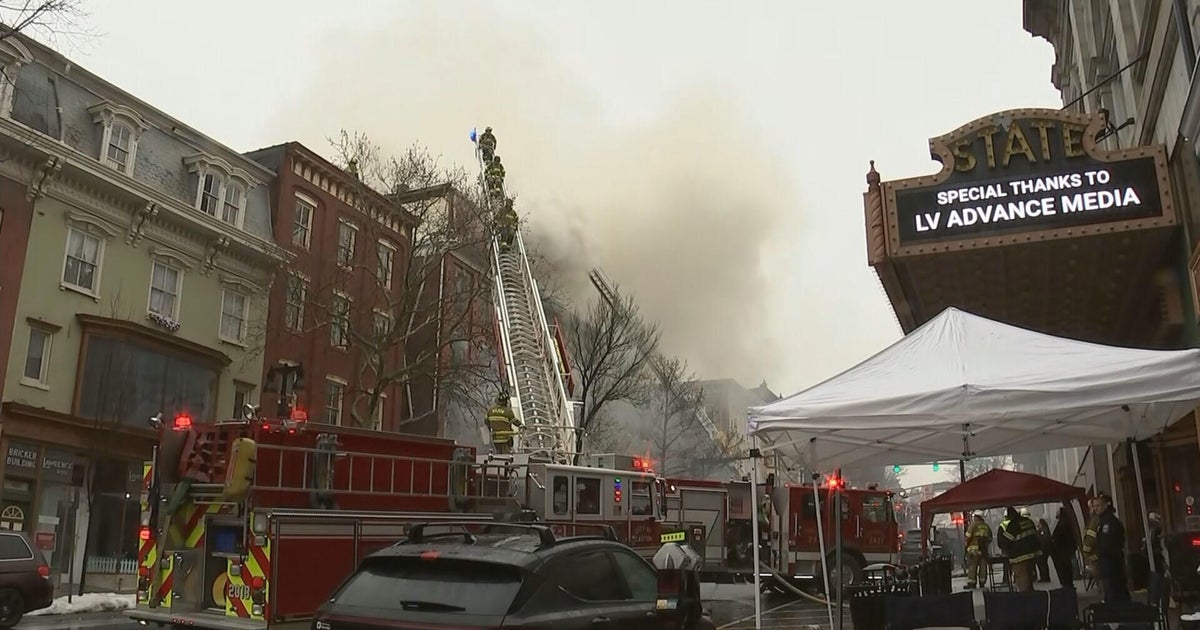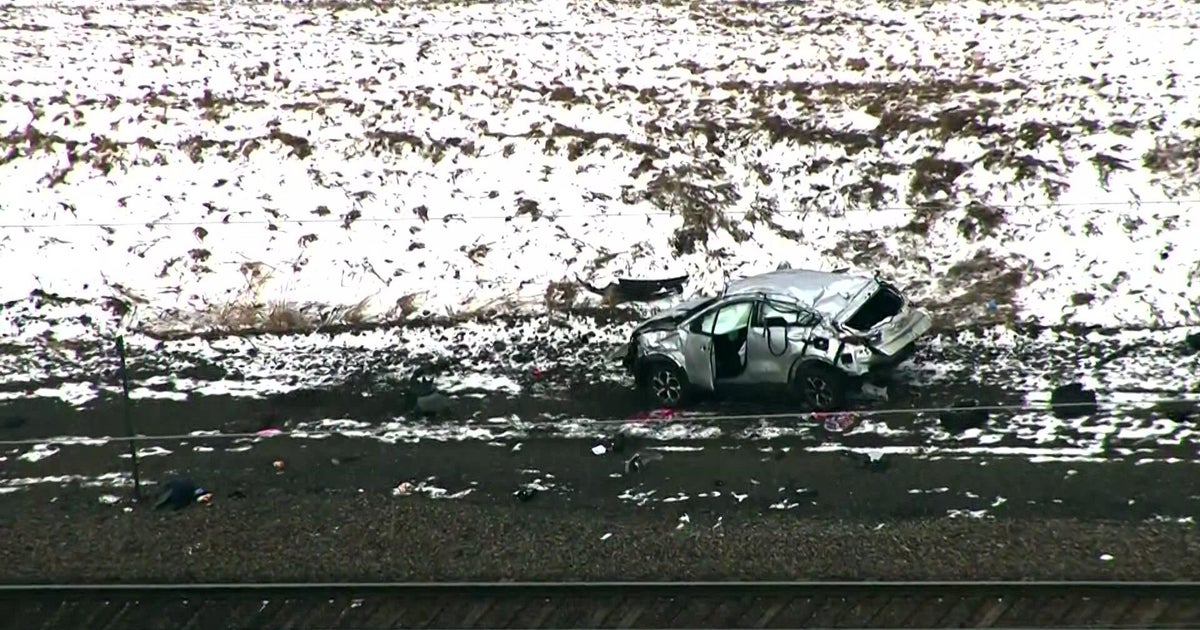Some Fort Worth firefighters critical of ambulance call prioritization changes
FORT WORTH (CBSNewsTexas.com) — Ambulances are getting to the most critical emergency calls faster over the last month in Fort Worth. However, the union for fire fighters in the city says the change may be leading to longer waits for those who don't fall into the most urgent category.
MedStar, the ambulance service for the city, started reprioritizing calls March 1, doubling the number of categories a call could fall into, in an effort to give the sickest patients, the highest priority for lifesaving service.
The change reduced Priority 1 calls, the most critical category, by as much as 30%, according to a report given to city council members Tuesday. It also reduced response times to those calls, by 30 seconds.
Calls where patients were in cardiac arrest or had unstable vital signs were given priority. Calls of lower severity like stomach pain or falls may fall into lower categories.
The reprioritizing is meant to reduce the strain on resources caused by less critical calls and get medical help "to the truly time sensitive, life-threatening medical issues," MedStar CEO Ken Simpson told city leaders.
There was skepticism though from some council members, in part due to a letter from the Fort Worth Professional Firefighters Association. The union called the changes "grim," and said they could be endangering the health of citizens.
The letter included 11 instances firefighters have noted since March 23, where they felt the change didn't work as designed.
On one call firefighters were dispatched, only to be cancelled, then dispatched again 15 minutes later. The call they said, was an overdose that turned into a cardiac arrest.
On another call for a stabbing, MedStar cancelled firefighters but the engine crew decided to go anyway. They said they found police officers there, trying to put tourniquets on the patient. Fire staff took over, until MedStar paramedics arrived with an ambulance.
"What's alarming about it is they're cancelling us and MedStar's not even on scene yet," said Sherman Dedrick, the director of governmental affair for IAFF Local 440. "I can understand if an ambulance is on scene and a medic said 'yeah fire's really not needed.' But they're cancelling us before they even get on scene."
Dedrick said calls at one of the department's busiest stations near downtown had dropped from around 30 a day to just five or six. There wasn't anything keeping them from going, he said, they just were no longer being called out for them.
In the meeting, Simpson said he shared concerns about any issues with the new call prioritization. The designation for individual calls, he explained, is based on information the caller provides.
"We are continuing to evaluate as the calls come through, troubleshooting any issues that come up to us," he said.
MedStar is reviewing the entire list of calls firefighters gave to council members as examples of potential issues.
Councilmember Gyna Bivens said directly that she was uneasy with the change.
"Fire is always first, always has been, and people know that and we can depend on fire to get there. It seems like there's this battle, between fire and MedStar," she said.
That battle may become more evident in the coming months, as the city begins to create budget recommendations for 2024. The report says that in order to support the new system design, MedStar plans to meet with city management to request financial support for "uncompensated care and inflationary pressures."
Meanwhile, firefighters are pushing for the city to take action on the findings from two studies that Fort Worth needs more fire staff in order to keep up with response times, in one of the fastest growing cities in the country.

